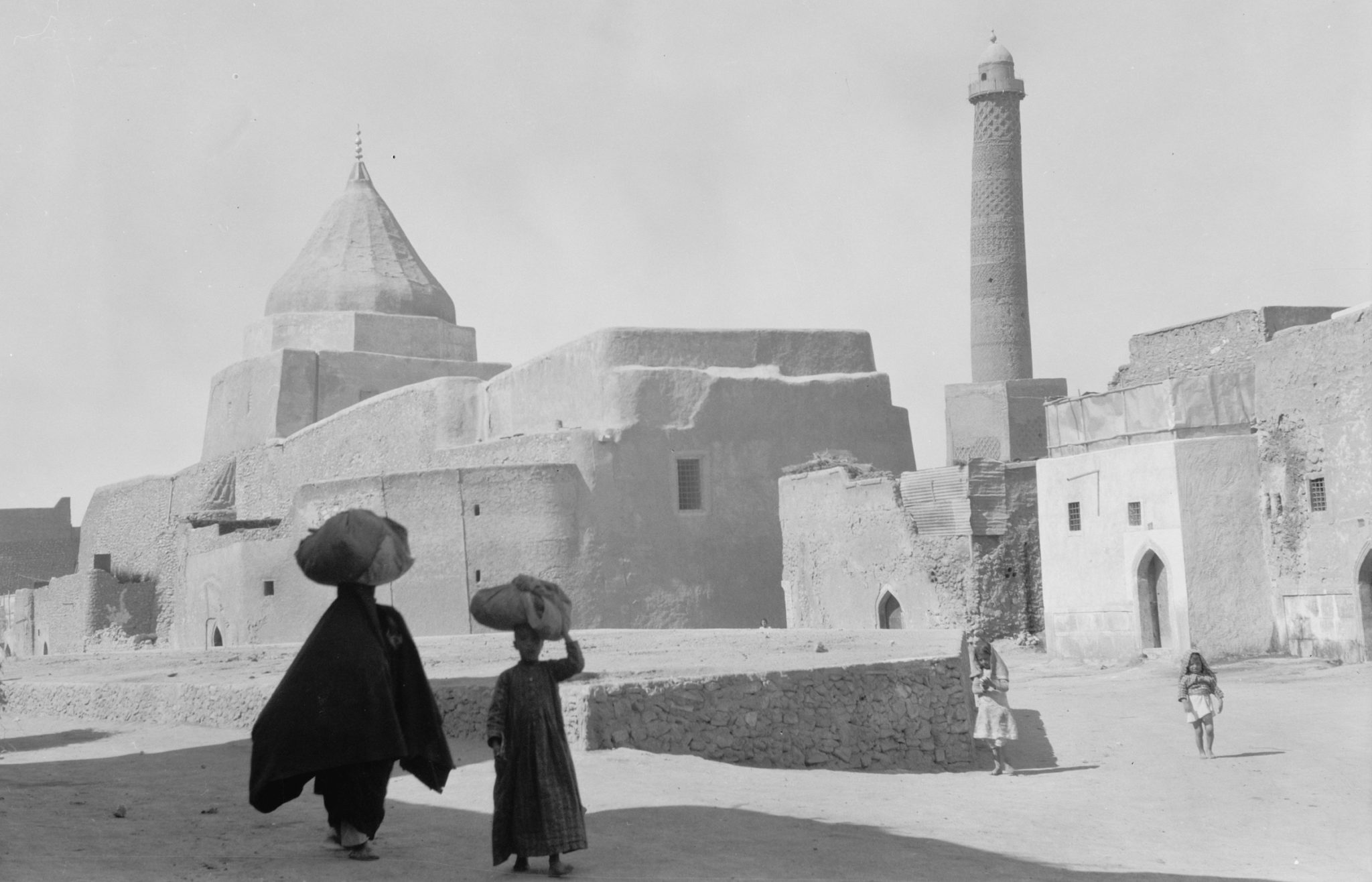


A joint initiative between the University of Bergen
and CMI – Chr. Michelsen Institute
The Nobel Peace Prize 2018: Who are the Ezidis?
Michael Stausberg (UiB) and Axel Rudi (UiB) in conversation with Synnøve Bendixsen (UiB).

The Ezidi* human rights activist Nadia Murad was awarded this year’s Nobel peace prize. She shares the price with the Congolese gynaecologist Denis Mukwege for their work against the use of rape as a weapon of war.
Nadia is one of thousands of Ezidi women who were captured and held as sex slaves by IS in 2014. They were targeted because they are Ezidis, a non-Muslim religious minority scattered across Iraq, Syria, Turkey, Armenia, Georgia and Russia. The Ezidis have been persecuted before, often accused of being “devil worshippers”.
While the west and Iraqi government have declared victory over IS, thousands of Ezidis are still missing, according to Amnesty and Human Rights Watch reports. Many live in refugee camps, and others have emigrated, as they fear returning to their homes.
This Breakfast Forum seeks to understand who the Ezidis are and why they are persecuted. Have girls and women been particularly targeted? What does the future hold for the Ezidis?
*Yazidi/Jesidi
Michael Stausberg
is a professor of religion at the University of Bergen. Before coming to Norway in 2004, he worked at universities in Germany, Sweden, and Switzerland. Among his most widely cited publications are his books on the history of Zoroastrianism (an ancient Iranian religion) and on religion in modern tourism. At present, Stausberg co-chairs a research group on “The Demise of Religions” at the Centre for Advanced Study (CAS) at the Norwegian Academy of Science and Letters (Oslo).
Axel Rudi is a PhD candidate at the Department of Social Anthropology at the UiB.
Synnøve Bendixsen
is an Associate Professor at the Western Norway University of Applied Science and a researcher at the Department of Social Anthropology, University of Bergen. She has conducted research on refugees and irregular migrants in Norway, young Muslims and religiosity in Germany, marginality, urban life and diversity. She has written several journal articles, book chapters and co-edited books on these topics. Bendixsen is also the co-editor in chief for the
Nordic Journal of Migration Research and the series co-editor (with Edvard Hviding, UiB) for the Palgrave Macmillan series
Approaches to Social Inequality and Difference.
All are welcome! The Breakfast Forum is free and open for all. We will serve coffee, tea and croissants.
Photo of Mosul year 1932, a Ezidi shrine to the left and the Nouri Mosque minaret to the right
Photo credit:
Matson (G. Eric and Edith) Photograph
collection at the
Library of Congress
.

